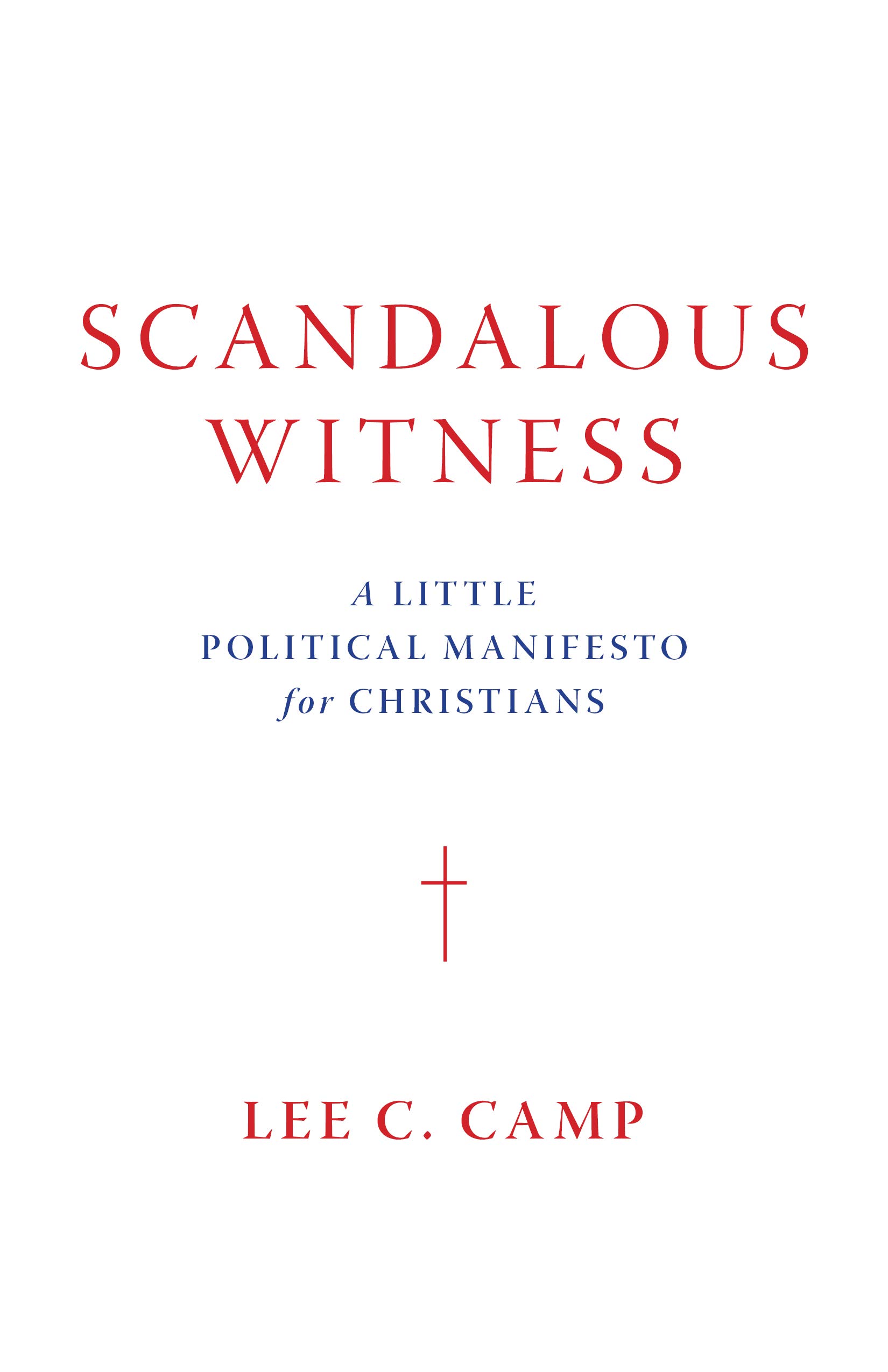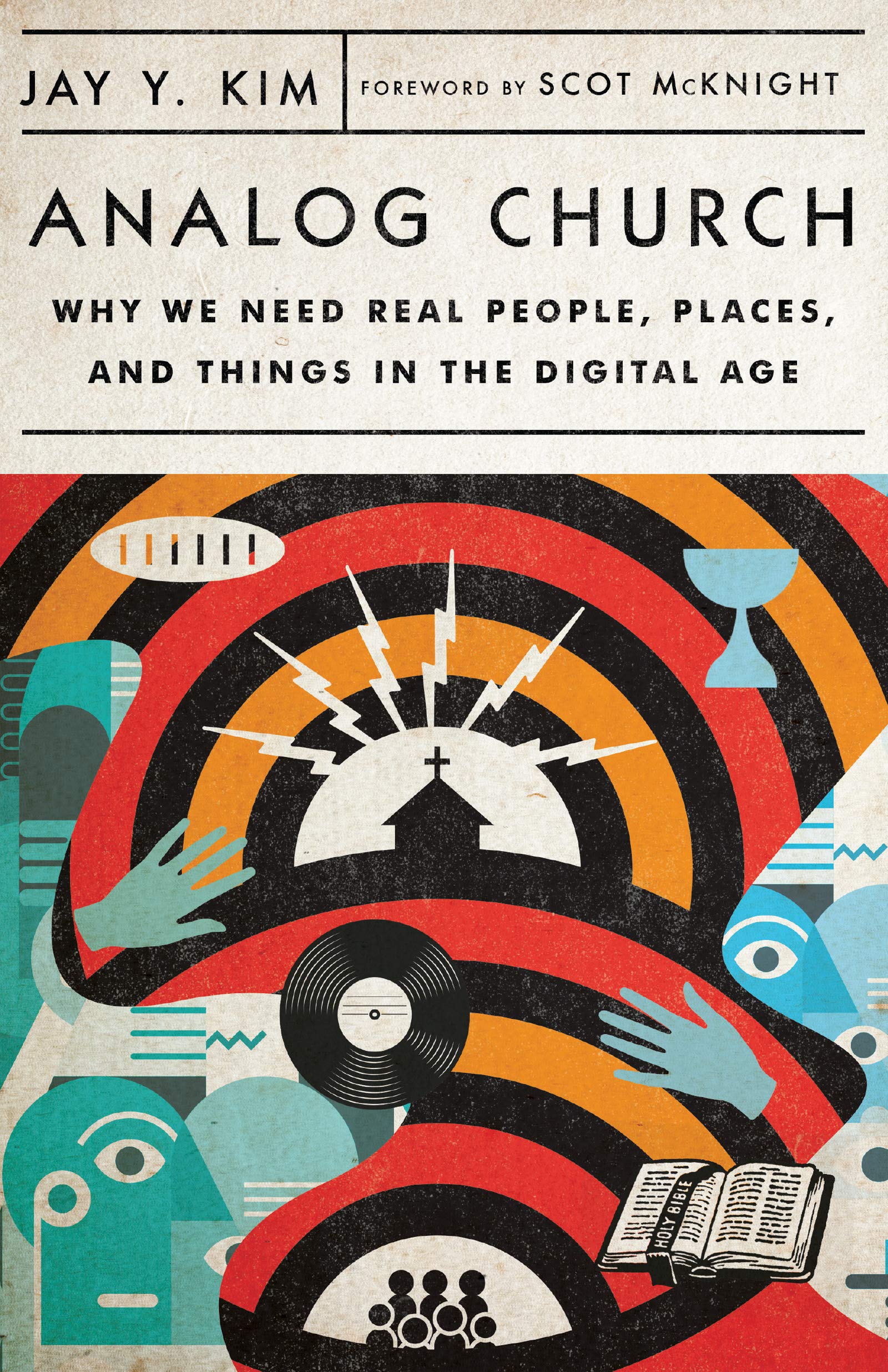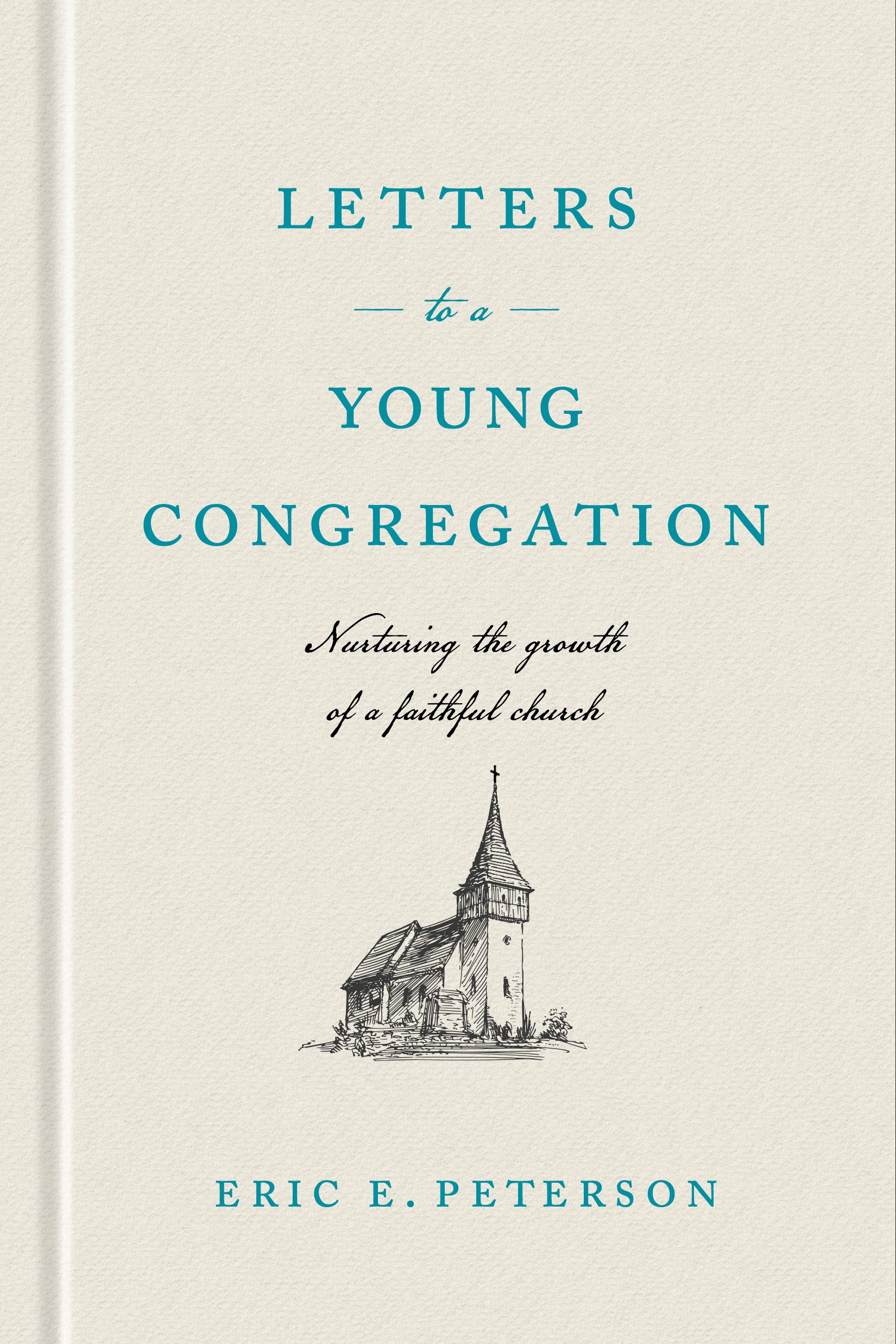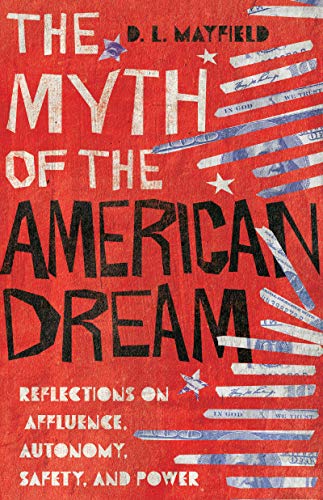One good thing emerging from 2020’s nation-wide lockdown is a resurgence of book reading. This is good because of what reading can do for communities — families, churches, and individuals alike. It’s for this reason that critic C. Christopher Smith makes the Englewood Review of Books, a weekly review published by Englewood Christian Church in Indianapolis. The review started in 2008 as a model of Smith’s vision for reading — documented in his 2016 book, Reading for the Common Good — reading that nurtures “attentiveness to the communities in which we are embedded: church, family, neighborhood, workplace.” With 2020 presenting both newfound energy in reading and profound need among these target communities, we asked Smith to give us his recommendations for this summer’s new books. Here’s his guide to reading in the dog days.

Speaking Peace in a Climate of Conflict
By Marilyn McEntyre
(Eerdmans)
A poet and a teacher of writing, McEntyre is uniquely situated to offer this timely work. In some ways this book is a contemporary follow-up to her important 2009 book, Caring for Words in a Culture of Lies. Over the course of the book, McEntyre exquisitely shows us how to “learn new ways to speak peace, reclaiming words that have been weaponized and beating them into plowshares.” In our times of escalating culture wars, Speaking Peace is an important book for pastors, teachers, parents, and everyone who shares the gift of language with others.

Scandalous Witness: A Little Political Manifesto for Christians
By Lee Camp
(Eerdmans)
In this tumultuous presidential election year in the U.S., Lee Camp’s Scandalous Witness is an important and provocative work that American Christians should be reading and discussing. The structure of the book is simple: 15 propositions on the nature of history and politics, “a sort of syllabus for the sort of study Christians in the West must do to reconfigure our faith as good news to the world instead of the paltry, partisan, privatized matter too often proffered.” A quick scan of the table of contents reveals the turbulent ride that lies ahead for readers: “The United States is Not the Hope of the World,” “The United States Was Not, Is Not, and Will Not Be a Christian Nation,” “Every Empire Falls,” among others.
Camp writes provocatively, in a manner similar to the provocative teachings of Jesus, upending our sense of what should be, and creating a space in which we can imagine new and more faithful ways of sharing life with our neighbors. The nature of God’s reign, Camp argues is neither right, nor left, nor religious. In that assertion alone (first stated in the book’s introduction), he is sure to set almost all readers on edge.
And yet for all its provocation, Scandalous Witness is a book with which Christians must reckon. In fact, we likely would be better off reading and discussing Camp’s work than bickering over which candidate is better — the Republican or the Democrat — or slavishly watching hours of cable news tracking the many ups and downs of the election season. At the same time, there is something good and incarnational about participating as Christians in caring for the well-being of our places and our nation through the political processes we have inherited.
For this reason, perhaps the most important proposition that Camp offers is his final one: “Christian Engagement Must Always be Ad Hoc.” Camp emphasizes the tenuous nature of political visions: “Once one injustice is corrected with some new practice of equity, the new practice will, in turn, struggle with its own infidelities with regard to greed or pride or coercive force. Then a new corrective must be sought, and then again yet another.” Camp urges us to take the long view, struggling for “gracious and fair and equitable social practices” and yet never fully abandoning ourselves as God’s people to any particular political platform — of the right or of the left.
The most vital gift of Scandalous Witness is not Camp’s reflections on the nature of the gospel, history, and politics, however wise and insightful they are. Rather, it is the space that he creates for us to reflect on and discuss who we are in Christ, and what the nature of God’s reign is as it moves through history, toward its consummation. This conversation, as Camp rightly emphasizes, is the most significant political conversation that Christians in America need to be having in the year 2020.

Analog Church: Why We Need Real People, Places, and Things in the Digital Age
By Jay Y. Kim
(IVP Books)
Although it was more than a little odd to be reading Analog Church during the COVID-19 pandemic, I found that it offered a striking lament for all we have lost as churches around the globe were forced into digital gatherings. Kim focuses on worship, community, and Scripture, highlighting the ways in which our digital approaches to each come up lacking. Analog Church offers wisdom that can guide churches as we discern what church will look like after the pandemic has run its course. Another recommended book in a similar vein is Eric Jacobsen’s Three Pieces of Glass: Why We Feel Lonely in a World Mediated by Screens.

Letters to a Young Congregation: Nurturing the Growth of a Faithful Church
Letters to a Young Pastor: Timothy Conversations between Father and Son
By Eric E. Peterson
(NavPress)
This new pair of books by Eric Peterson (son of Eugene Peterson) are full of wisdom about what it means to be a church and what it means to be a pastor. The younger Peterson, like his father, is a gifted wordsmith, and reading these books is sheer delight. I was particularly captivated by Letters to a Young Congregation because it takes the local church seriously in a way that few other books do. Peterson invites us to ask hard questions, and he offers an array of stories and thoughts in answer to these questions. But more importantly, he invites us to wrestle with these questions in our own congregations as we seek “to grow into healthy (local) expressions of the body of Christ.” A book to read alongside these is M. Craig Barnes’s new book, Diary of a Pastor’s Soul.

The Myth of the American Dream: Reflections on Affluence, Autonomy, Safety, and Power
By D.L. Mayfield
(IVP Books)
Even before her first book, Assimilate or Go Home, D.L. Mayfield was one of my favorite writers, whose work asked difficult questions, but did so with an earnestness and curiosity. The Myth of the American Dream, a collection of essays, takes a broader approach. Though she suggests different solutions, her questions point to concerns that should be shared by proponents of free enterprise. In this new work, Mayfield turns her scrutiny on the stories that give shape to our lives, the so-called American Dream, and the reality that this dream is simply not accessible to many in our society. These questions she asks are unsettling, but she interweaves her questions with stories that stir our imaginations with the hope of a different, and more faithful, way of life. It is this hope, and not her critical questions, that ultimately is the defining hallmark of this book.

For All Who Hunger: Searching for Communion in a Shattered World
By Emily M.D. Scott
(Convergent Books)
St. Lydia’s Church in Brooklyn emerged over a decade ago as one of the first and most preeminent dinner churches. For All Who Hunger is the earthy memoir of Emily Scott, the founding pastor of St. Lydia’s. The book offers the story of St. Lydia’s, carefully told in a manner that emphasizes how small and vulnerable the congregation is. Their story is hardly one of success, by any metric churches typically use, and they have persisted and borne witness to their neighbors of the hope of the gospel. The story of St. Lydia’s, however, is much richer than an innovative way of worshiping together. Perhaps most striking are the stories of its becoming rooted in its neighborhood: extending hospitality to a ragtag drama group, learning from and fighting for justice alongside neighbors in an adjacent public housing complex, and many more. Scott’s experience in Brooklyn may differ vastly from the experiences of many readers, but the congregation’s willingness to live with and learn from their neighbors and to seek the peace of their neighborhood in significant ways are habits that should inspire all churches.





